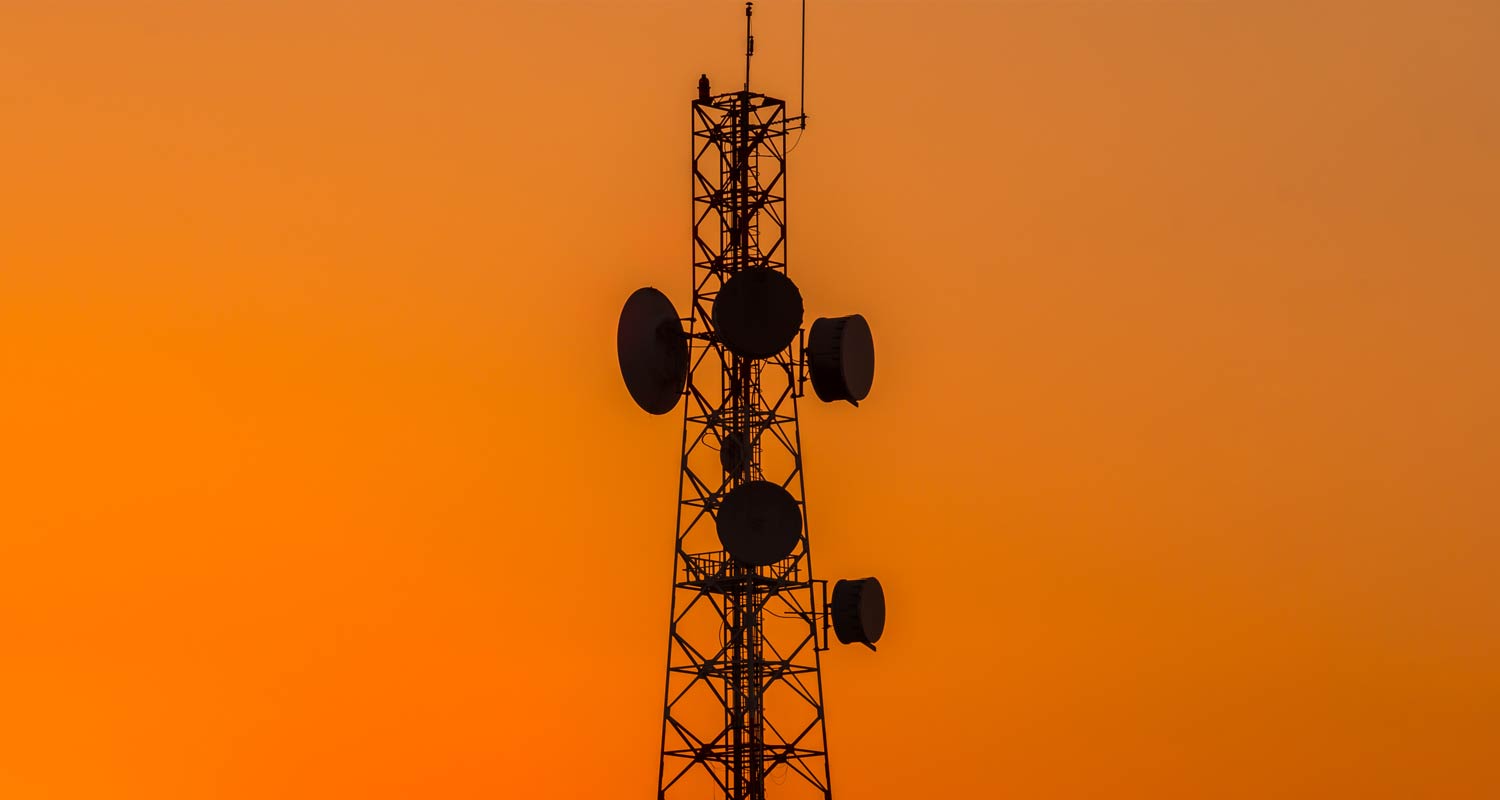
Telecommunications industry lobby group the Association for Comms & Technology (ACT) – which represents South Africa’s big telecommunications operators – has warned that the suspension of load shedding at national level does not reflect the reality on the ground.
Speaking to the TechCentral Show – the interview will be published on Friday – ACT CEO Nomvuyiso Batyi said that although the situation is not as bad as it has been at the height of load shedding, operators are still diverting millions of rand into keeping network infrastructure powered through periods of “load reduction”.
“There are pockets where load reduction is happening and others where the infrastructure, due to the load shedding that happened before, just trips for no reason at all. The municipal infrastructure has really diminished,” said Batyi. “Despite the fact that from an Eskom national level, which I call the ‘rosy picture’ – where there is no load shedding – the reality on the ground is very different.”
Load shedding occurs when Eskom cannot generate enough electricity to meet demand at a national level. While this problem has not reared its head for much of this year’s winter period, another has come to the fore: when demand increases on colder days – when households switch on power-hungry heating appliances – the transmission infrastructure in some high-density municipalities cannot handle the increased load. This is the result of underinvestment in municipal electricity infrastructure.
To help protect expensive equipment from damage – this includes high-voltage power cables, substations and transformers that transport electricity from power stations to homes – Eskom and municipalities impose “load reduction” as a way of reducing the strain on the system.
But for mobile operators, load reduction is a different name for the same old load shedding monster: effort and money is still required to mitigate against it, including buying batteries, generators and diesel (all of which are then the targets of criminal syndicates).
‘What is really going on’
Batyi said regulators like Icasa “shouldn’t blindly accept” that the load shedding problem is in the past. Icasa, she added, should approach energy regulator Nersa for a city-by-city breakdown of “what is really going on”.
According to her, all ACT members – Vodacom, MTN, Cell C, Telkom, Liquid Intelligent Technologies and Rain – have been negatively impacted by load shedding, and investments that were meant to go towards modernising networks – building out 5G, for example – were diverted into their power resilience efforts.
Also, she said, mobile operators that purchased spectrum in the 2022 spectrum auction were not able to deploy it fully and monetise it because funds had to be diverted into backup power solutions.
In June, Icasa held public hearings on the impact of load shedding on the telecoms industry at which ACT asked it to practise “regulatory forbearance” to help ease the strain load shedding has had on the industry.
 In an effort to mitigate against rising diesel costs, ACT also approached national treasury to ask for a rebate on the diesel used to run tower sites when grid power is unavailable.
In an effort to mitigate against rising diesel costs, ACT also approached national treasury to ask for a rebate on the diesel used to run tower sites when grid power is unavailable.
Similar rebates have been provided to the mining, agriculture and food processing industries. But no rebate has been offered to telecoms providers, and no explanation has been provided for the apparent rejection of ACT’s request. The association was simply told that should finance minister Enoch Godongwana not announce a rebate in his February budget speech, its application was unsuccessful.
“When you look at the financial results of our members, you can see how damaging load shedding has been to the sector,” Batyi said. — © 2024 NewsCentral Media




